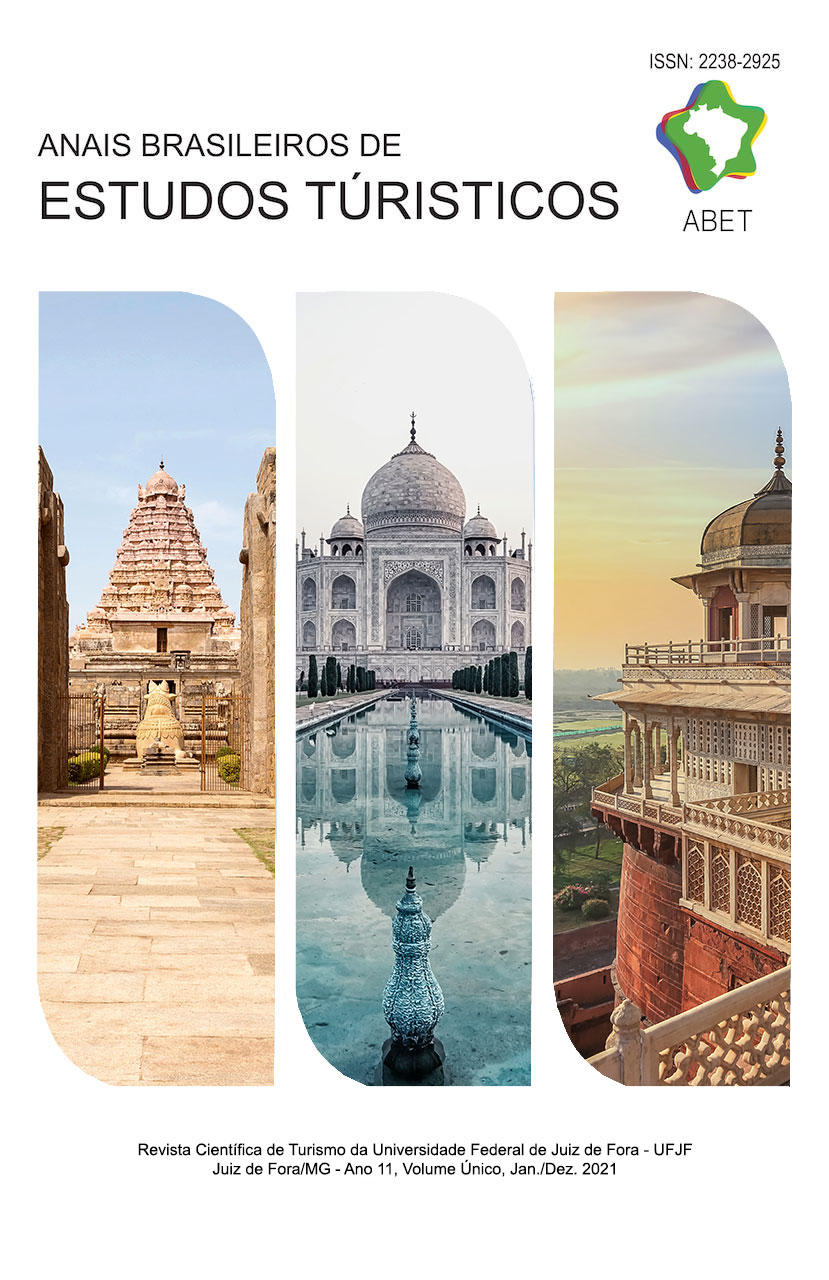Geopolitical Risks and International Tourist Arrivals to Turkey: a Causality Study
DOI:
https://doi.org/10.5281/zenodo.5771032Keywords:
Geopolitical risks, International tourist demand, Tourist destination imageAbstract
This study aimed to examine the causal connection between geopolitical risks and Turkey's international tourist arrivals. The causality was tested between risk indices and foreign visitor demand on monthly data. Turkey was selected because many geopolitical risks had occurred in the last two decades and has had a terror risk named PKK for many years. The geopolitical risk indices were created from news based on the issues. The causality was tested using Toda-Yamamoto and asymmetric causality was tested using the Hatemi-J method in the period of 1998-2019. Findings of the study showed that there is unidirectional causality between global risks and tourist arrivals to Turkey, and bi-directional causality between domestic risk and tourist arrivals. Hatemi-J test results support the findings that the causality from positive shocks of risks causes negative shocks of tourist arrivals and vice versa. Herewith, it can be said that tourism demand to Turkey, in the context of foreign visitors, was affected by global or domestic geopolitical risks. This may be a sign that Turkey has a tourism-led terrorism problem targeting Turkey's tourism and economy.
Downloads
Downloads
Published
How to Cite
Issue
Section
License
Copyright (c) 2021 Anais Brasileiros de Estudos Turísticos - ABET

This work is licensed under a Creative Commons Attribution 4.0 International License.
This journal provides immediate open access to its content, following the principle that providing free scientific knowledge to the public provides greater democratization of world knowledge.
Authors must agree to the following terms relating to copyrights:
(a) Authors keep all copyright and grant the to the journal the right of first publication, with the work simultaneously licensed under the Creative Commons Attribution License that allowing job sharing with recognition of authorship of the work and initial publication in this journal.
(b) Authors are allowed to assume additional contracts separately, for non-exclusive distribution of the version of the work published in this journal (e.g. publish in institutional repository or book chapter), with recognition of authorship and initial publication in this magazine.
(c) Authors are allowed and are encouraged to publish and distribute their work online (e.g. in institutional repositories or on your personal page) since they do not do this before or during the editorial process, as this can generate productive interchange, as well as increase the impact and citation of work aired. (See Effect of Free Access).















